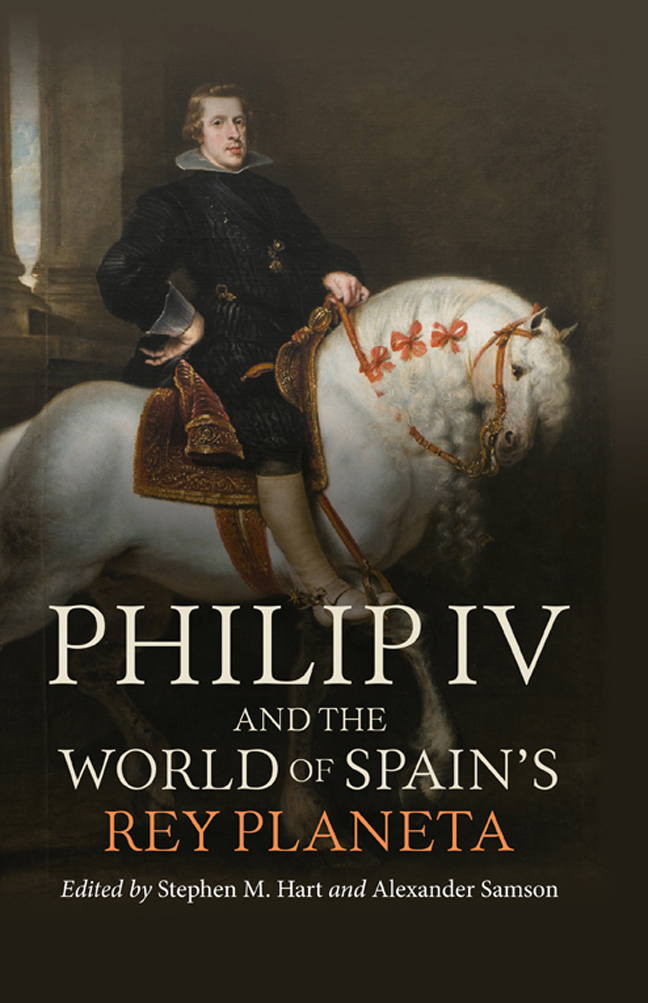7 - Staging the Planet King: Apotheosis and Glory
Published online by Cambridge University Press: 15 February 2024
Summary
While the notion of the Sun-King is often associated with Louis XIV, who ruled France for seventy-two years (he died on 1 September 1715) during a period of unmatched ascendancy of the French nation over all of Europe, it is often forgotten that the title of Sun-King – with all of its symbolism, drawn from Apollo, the God of Peace and the Arts, the star that is at the centre of the universe and gives life, light, and joy to all things – was creatively attached to a Spanish king who was born thirty-three years before Louis XIV, namely Philip IV, who was born on 8 April 1605. When he ascended the Spanish throne in 1621, Philip IV was heir to an empire that had been growing at an astounding rate since 1492 and the sense in which the Spanish Empire had ‘discovered’ far-flung lands, therefore – true to a colonial logic –making them visible to the universe as the Europeans of that day understood the term, meant that the sun became an irresistible symbol of Philip IV's visually uninterrupted global power.
Like most countries in the early modern period, Imperial Spain (1492–1700) was run by an absolute monarch. Charles I ruled over Germany, Austria, Spain, parts of Italy and France, and the lands of two continents and had heavy political influence over most of Europe. When he added the Portuguese possessions to his father's already vast empire, Philip II became king of lands that ranged over four continents from Germany to the Philippines. Philip III, IV, and Charles II saw the diminishing of the Empire but were still able to exercise power over a gigantic amount of land, subjects, and capital. Given the immensity of the Spanish Empire, one of the most pressing issues for court officials was the pictorial representation of absolute political power. The Renaissance writer and thinker Agustín de Mora provides a clear answer to the question as to the form that this representation of monarchic grandeur should take:
It cannot be denied that the Sun is the most appropriate idea, and glorious device of our illuminated and Catholic Kings of Spain. The Sun is Prince of Astral bodies, a true image of God and a perfect portrait of God’s divinity […] and it cannot be denied either that it is the highest gift of our Catholic kings.
- Type
- Chapter
- Information
- Philip IV and the World of Spain's Rey Planeta , pp. 153 - 166Publisher: Boydell & BrewerPrint publication year: 2023



